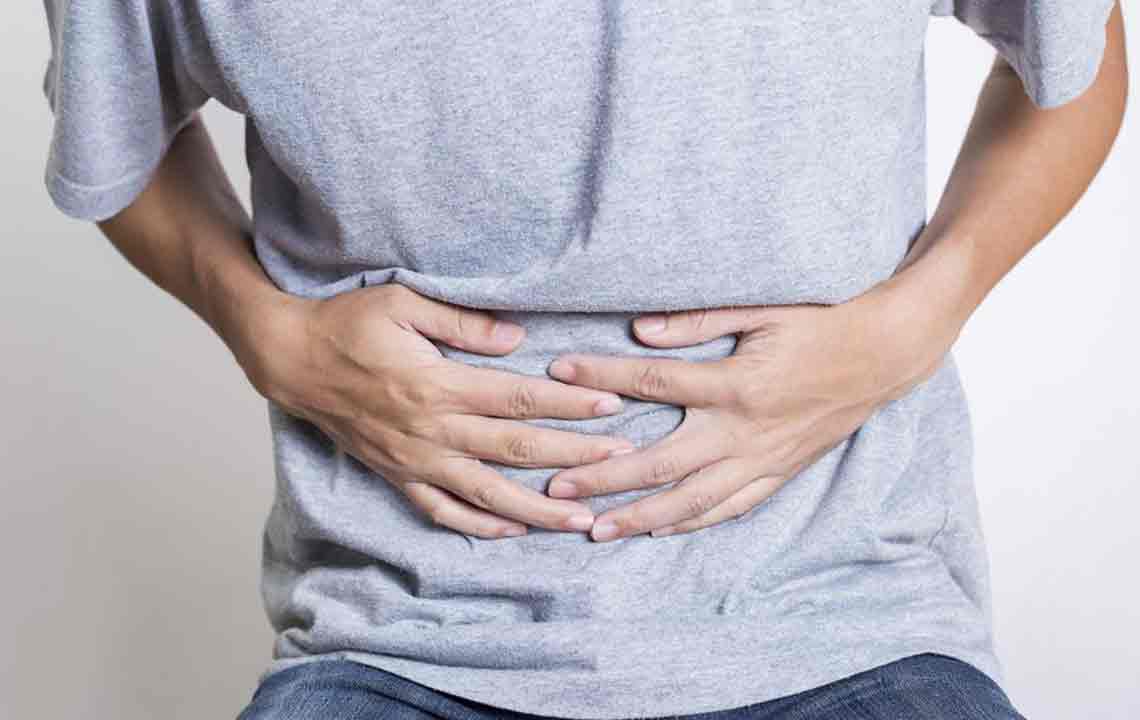Diarrhea: Symptoms, causes, and treatment
Diarrhea is a condition where you experience liquid, uncontrollable bowel movements frequently; it is characterized by extremely abnormal and watery stools. This can be mild and temporary or can get life threatening. It is one of the most common reasons that drive people to seek medical advice. Diarrhea has led to the death of around 1.9 million children under the age of 5, mostly from urban countries. Usually, it is confused with the frequent passing of stools in normal consistency.

There are two known variations of this disease. Acute diarrhea is the discharge of 3 or more loose stools in a day, and this should not last more than 14 days. Chronic diarrhea is something that lasts more than 14 days and is more dangerous. Diarrhea treatments are available in the form of medicines as well as home remedies which can help provide relief.
Symptoms of diarrhea
The main symptom of diarrhea is loose and watery stools. However, it has other symptoms like stomach pain, bloating, weight loss, fever, and extreme thirst.
Causes of diarrhea
In most of the cases, it all begins with an infection in the gastrointestinal tract. The three main pathogens that usually cause diarrhea are bacteria, viruses, and other parasitic organisms. Getting into the specifics, the most common and identified cause of diarrhea in the US is bacteria called Salmonella, Shigella, Campylobacter and toxin producing E.Coli.
There are also certain cases where the precise and exact cause is not clear; these are termed as functional cases. Irritable bowel syndrome is one of the most common examples of functional diarrhea. In this condition, there is often a lot of blood discharge along with the stool and it is quite painful. Listed below are the leading causes of diarrhea.
– Impaired digestive and nutrient absorption
– History of antibiotic use
– Overuse of laxatives
– Hormonal causes
– Cancer causes
Diarrhea treatments available
Usually, cases of diarrhea resolve by itself without any treatment. However, chronic diarrhea needs to be treated and diagnosed by a medical professional. Following are the different diarrhea treatments available.
- Drink more fluids whenever possible: Never let your body get dehydrated. Usually, children and elder people are more prone to dehydration. Take small sips of water frequently and take bites of salty crisps or crackers. Make sure that you increase your fluid intake to 1 liter per hour. But, if you have any heart, kidney, or liver diseases, limit your fluid intake and consult a medical professional before increasing the number of fluids you drink.
- Consuming mild foods: Depending on how you feel, make sure that you always eat mild foods. Do not eat foods that are spicy, that include caffeine, alcohol, and fruits. Do not take chewing gums that contain Sorbitol. Sorbitol can sometimes work like a laxative and can worsen your condition. Avoid drinking milk and other dairy products even for three days after the symptoms disappear. You can include yogurt and probiotics instead.
- ORS (Oral Rehydration Solution): This is a solution that consists of glucose and salt. When taken, it gets absorbed by the small intestine and replaces the electrolytes and water that’s lost in the stool. It’s a very safe and effective treatment. Also, ORS is quite cheap and easily available.
- Medication: In the case of children, Zinc supplementations reduce the intensity and the duration of diarrhea. If you’re about to use an antidiarrheal medicine, make sure that you use them only if you have diarrhea for more than 6 hours. Do not use them if you have symptoms of other illness, such as bloody diarrhea or a high fever. If you’re taking medications, make sure not to take more than the recommended dose. Don’t use anti-diarrheal medicines for long terms. Doing so may result in constipation. Also, stop taking them if your stools thicken.
- Foods to eat: Eating certain foods can help you recover from diarrhea. It also ensures that the condition doesn’t worsen. Eat foods that have a very low fiber content in them like bananas, toast, or applesauce. Take white rice because red or brown rice has a lot of fiber in it. Doing so can make your stool more firm. Other foods that can make you feel better are oatmeal, baked or boiled potatoes (make sure that the skin is peeled), or baked chicken with its skin removed. Eating chicken soup not only makes you feel better but also helps in hydration as well.
- Foods to avoid: Certain types of food can actually worsen your condition when you eat them. Some of these include fried and greasy food. Do not take foods with high fiber like wheat and bran. Taking fruits and vegetables can increase bloating. Do not consume foods like alcohol, beans, broccoli, chickpeas, cabbage, ice cream, berries, prunes, and peppers.
Usually, the disease is self-treatable, and you can use the above diarrhea treatments to gain relief. However, if the condition prevails or worsens, seek medical advice immediately.